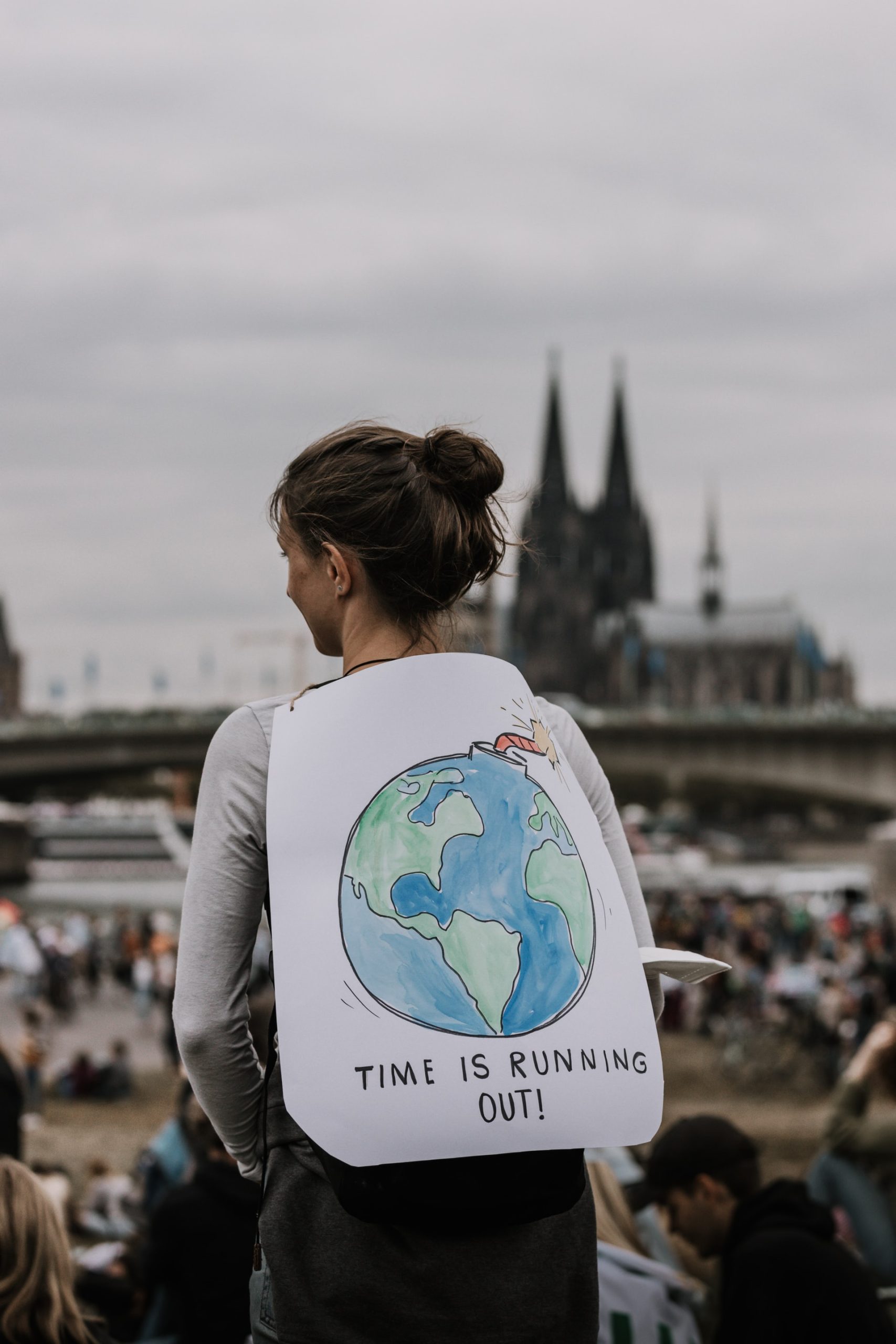
Hair the color of lilacs swept into a high ponytail, and with a pack of Red Vines poking out from her large tan purse, passenger Lisette entered my car outside the Portero Hill bar where she worked.
Felt honey bees were sewn onto her short-sleeved black collared shirt, which she tucked into her black work pants.
“We just replaced straws with these over at the bar,” she said, gesturing to licorice. “It’s in accordance with a new city-wide ordinance. Helps address the waste problem but not so much our sugar epidemic.”
Lisette had mixed feelings about the ordinance.
“What if some customers are diabetic? What if they just don’t like licorice?” she laughed.
From there, we got to talking about waste, recycling, and our planet more generally.
“There are way more things than just straws contributing to its degradation…that we could all be more aware of cutting down on,” she says with conviction in her voice. “Paper coffee cups. Plastic take-out containers. Plastic bags.”
After I dropped her off, I found myself reflecting on some of my own habits.
Being on the go so often as a Lyft driver, it was common for me to get takeout to eat in my car during breaks from driving. Chicken tikka masala, Thai green curry, and caterpillar sushi rolls were among my indulgences.
Thinking now about the number of chopsticks, napkins, plastic forks, and Styrofoam containers the Earth has absorbed for my benefit causes me to cringe slightly.
I thought too about all the times when, after forgetting my reusable bags during a trip to the supermarket, I simply shrugged it off and made a noncommittal mental note to “remember next time.”
I pictured the mountains of takeaway coffee cups stacked in my recycling bin at the end of the week, residue from my café-dwelling ritual.
Ideally no one would ever act out of guilt.
We’d do things because we genuinely wanted to or because the task felt inherently rewarding.
One nugget I did take from my conversation with Lisette though is that a little bit of guilt (not an excessive amount, just a smidgen) can be productive and motivating.
In the past couple of years, it’s proven difficult to steer the mind away from reminders of the planet’s slow erosion. This was especially true during the smoke-filled days of California fire season—not because an isolated smoky day in and of itself is inherently problematic, but because of the sheer multitude of them (surpassing the threshold of normalcy), paired with the acknowledgment that they began as unprecedentedly early as August.
In a 2020 article for the San Francisco Chronicle, Erin Allday remarked on how, in the past, even though a major fire might cause some temporary air pollution during the summer, it wasn’t a yearly pattern by any means.
“Over the past two or three years, though, there have been multiple wildfires every summer or fall, and they tend to burn up much more acreage,” she wrote. “The result is protracted periods of heavy smoke that sometimes affects regions hundreds of miles from the worst of the blazes.”
On California’s infamous orange day, my mom’s writing assistant said the sky in her town was raining ash, while her chickens were clucking louder than usual—undoubtedly distraught and confused by the daytime cloak of darkness.
When I looked at the sky on one of those days, it reminded me of moving day. I thought about how we wrap bowls and glasses and other fragile things up in newspapers to keep them from shattering en route.
That’s what those smoky clouds looked like then: crinkly newspaper, with the sun wrapped up in them. It didn’t look normal. It didn’t look natural.
Leap to a slightly bleaker thought: only the sun’s not en route to anywhere. What’s en route is our planet and its many species to oblivion—every time we deny the reality of climate change and with each step we take toward seeking to own that which should be revered, respected, and peacefully coexisted with.
Heat without sun feels weirdly heavy on the skin, without the brightness of the day to counterbalance it, I thought as I walked around outside. Maybe it’s because when the sun’s unobstructed by smoky clouds, it adds color to everything around you. It makes the world feel lighter.
When we remember how these days felt, perhaps we can pause before we’re about to do something like throw an un-recyclable item into the recycling.
Not from fear of punishment, but because the feelings puncture through our inertia. In a way, the ensuing sadness from the thought is itself the “punishment” (issued preemptively rather than retroactively) that motivates a change in behavior.
It’s easy to let perfectionistic thoughts deter us when it comes to making shifts in any regard. An all-or-nothing mentality prevents many of us from sticking to positive changes.
However, as Molly De Vries—who runs Ambatalia, a store that sells environmentally sustainable food storage containers— writes, “Moving toward a non-disposable life is less about perfection and more about deep awareness and lots of tiny actions. Life happens! And with a job and a family and so many things to juggle, we have to be gentle with ourselves.”
We can remind ourselves that even seemingly small positive changes can add up. That shifting toward more environmentally conscious living doesn’t have to mean enormous personal sacrifice. It might just mean a little bit of planning and renouncement of certain small conveniences.
Eventually, those minor inconveniences feel less and less like sacrifices because you’ve habituated.
Global warming is a reality.
The beautiful planet as we know it now won’t stay this way forever. Though many of us may feel impotent in the face of that knowledge, and though paralysis and despair are all too common responses to our climate crisis, New York psychiatrist Janet Lewis has suggested “finding purpose in the struggle to find solutions, from everyday behavior like recycling and buying sustainable food to advocacy.”
Lewis also said that people need to be “in touch with their own agency, their own ability to act and influence change rather than being shut down, overwhelmed, or just retreating.”
We can use those feelings next time we find ourselves overcome by them. We can let them push past the apathy of everyday living.
In the face of seemingly insurmountable problems, maybe the best we can do is still better than nothing.
~
Please consider Boosting our authors’ articles in their first week to help them win Elephant’s Ecosystem so they can get paid and write more.











Read 8 comments and reply